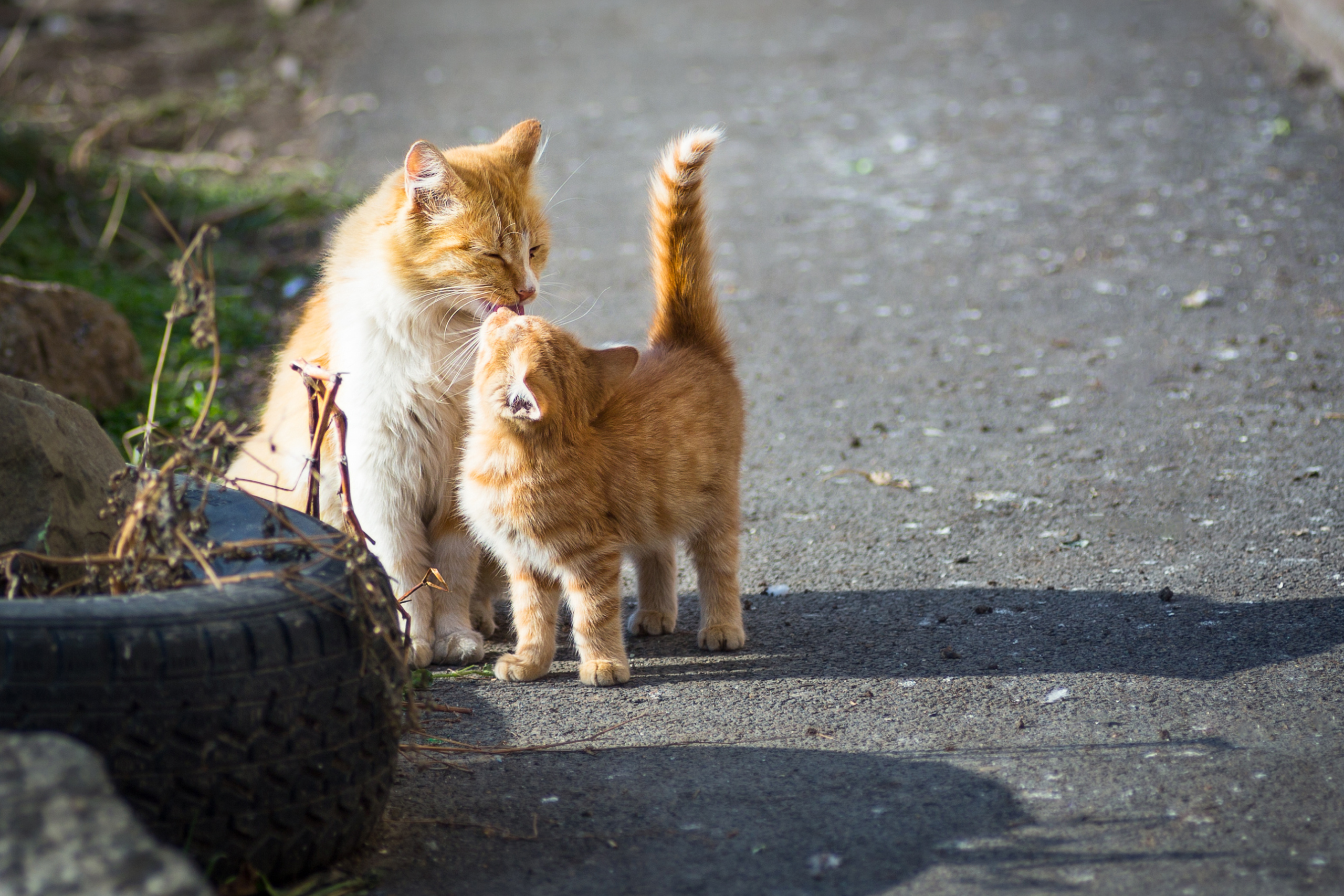Helping Street Cats
Why Should We Help Street Cats?
- Ecosystem Health: Street cats play a vital role in controlling rodent populations, thus contributing to pest management in urban environments. By supporting their welfare, we indirectly contribute to maintaining a healthy ecological balance in our cities.
- Compassion and Empathy: Showing kindness and compassion towards street cats reflects our values as a society and fosters a culture of empathy towards all living beings. It teaches us the importance of coexisting harmoniously with the diverse creatures that share our urban spaces.
- Disease Control: Healthy street cat populations help control rodent populations, thereby reducing the risk of disease transmission to humans. By supporting street cat welfare, we indirectly contribute to public health and disease prevention efforts.
- Cultural Significance: Cats hold cultural significance in Indian society, often revered in mythology, folklore, and religious traditions. Helping street cats honors these cultural connections and reflects our respect for the creatures that have coexisted with us for centuries.
How Can We Help Street Cats?
- Provide Food and Water: Setting up feeding stations and water bowls in public spaces can ensure that street cats have access to regular meals and hydration. Collaborating with local communities to maintain these stations can ensure their sustainability.
- Trap-Neuter-Return (TNR) Programs: Supporting TNR programs, which involve trapping street cats, spaying or neutering them, and then returning them to their original location, can help control street cat populations humanely and prevent overbreeding.
- Medical Care and Vaccination: Establishing or supporting veterinary clinics that offer low-cost or free medical care and vaccinations for street cats can help prevent the spread of diseases and ensure the health and well-being of these animals.
- Shelter and Protection: Creating sheltered spaces or providing cozy shelters for street cats can offer them protection from harsh weather conditions and predators, ensuring their safety and comfort.
- Community Education and Awareness: Educating communities about the importance of street cat welfare and providing practical tips for coexisting with these animals can foster a culture of compassion and responsible pet ownership.
- Advocacy and Policy Change: Supporting policies and initiatives aimed at protecting street cats, such as anti-cruelty laws and regulations promoting responsible pet ownership, can have long-term benefits for street cat populations and their urban habitats.
Conclusion
In conclusion, our efforts to support street cat welfare in India are not just about caring for individual animals but about nurturing a more compassionate and inclusive society. By taking proactive steps to provide food, shelter, and medical care to street cats, we not only improve their quality of life but also enrich our urban environments and strengthen our bonds with the diverse creatures that call them home. Let us join hands in creating a brighter future where street cats are valued and cherished members of our communities, reminding us of the beauty and resilience of life in all its forms.


Comments
Post a Comment